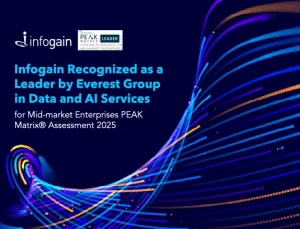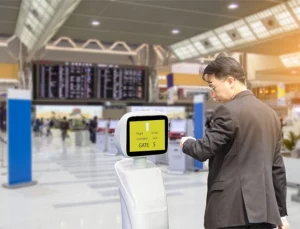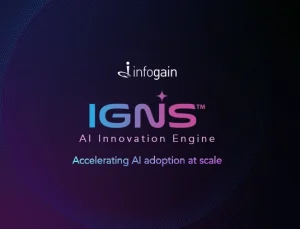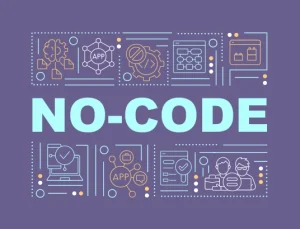- Posted on : April 12, 2019
-
- Industry : Corporate
- Type: Blog
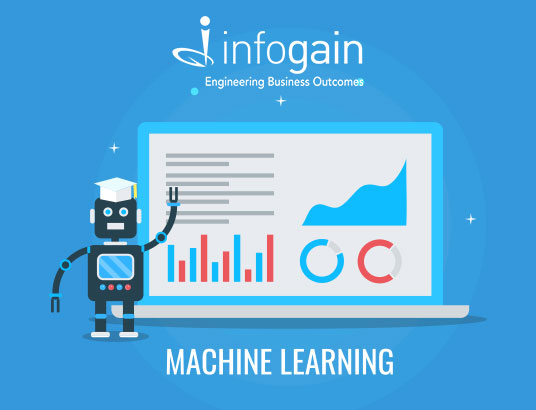
Authored by: Varun Rajiv Dhamija, Software Engineer
Consistent and constant improvements are imperative for a business to grow. To achieve business success in terms of growth, scale and accuracy it is imperative to utilize Machine learning (ML) models and artificial intelligence (AI). ML and AI have proven to be useful in enhancing product marketing, build sales forecasts more accurately, interpret consumer behavior patterns, facilitate better predictions and diagnostics - especially in medical stream, bring precision into financial models and enhance security in spam detection.
Machine learning approaches have evolved over the past several years, and Google has long been a leader in this area. Google’s AutoML, launched in beta version last year, is a suite of cloud software machine learning tools. This suite includes products for image recognition, natural language processing, and translation.
This product suite is based on Google’s state-of-the-art research in image recognition called Neural Architecture Search (NAS). NAS is an algorithm that based on a given specific dataset, searches for the most optimal neural network to perform a certain task on that dataset. Some of the AutoML products currently available are as follows:
AutoML Vision enables one to train machine learning models to classify images according to defined labels.
- Evaluate the performance of training models from labeled images.
- Human labeling service will be used for datasets with unlabeled images.
- API Registrations for trained models for being served through the AutoML.
AutoML Natural Language enables one to create custom machine learning models to classify English-language content into a custom set of categories.
AutoML Translation enables one to create its own, custom translation models so that translation queries return results specific to one’s domain.
The AutoML stands apart with some of the key features such as, the ability to build and train custom models. Also, it can be easily integrated with other Google Cloud services – providing a seamless experience. It leverages Google state-of-the-art AutoML and Transfer Learning technology to produce high-quality models. It has Integration with human labeling for AutoML Vision only. Users of the product have access to high-quality training data, while data remains private.
Some of the areas where AutoML has been helping businesses:
Ease of Use - No Code Required: Acting more like a SaaS application than an ML tool, models are created through a GUI (Graphical User Interface), therefore no code is required. One can simply identify and upload the image data, label data, build a model, view key model metrics, and give a restful endpoint to call the newly created model.
Better and Easier Models: Leveraging state of the art AutoML and Transfer Learning technology to produce high-quality models; AutoML takes out the need for hyperparameter tuning, data augmentation, and a host of other ML related challenges.
Faster Turnaround Time: One of the biggest challenges in ML implementation has been to get to a ‘Production-Ready Model’. The process typically requires a data scientist to build the model then the model needs to be handed off to a software developer who will then wrap the model into a secure endpoint. This process is all done automatically with AutoML, as a result, speed to production is improved.
Companies using Google Auto ML - Disney, ZSL, Urban Outfitters
Disney is using Cloud AutoML’s to build vision models to annotate their products with Disney characters, product categories, and colors. These annotations are being integrated into their search engine to enhance the impact on Guest experience through more relevant search results, expedited discovery, and product recommendations on shop Disney.
Urban Outfitters is using Cloud AutoML to enhance their customers’ shopping experience - with better discovery, recommendation, and search capability. Their team has been evaluating Cloud AutoML to automate the product attribution process by recognizing nuanced product characteristics like patterns and neckline styles.
ZSL deployed a series of camera traps in the wild to take pictures of passing animals - triggered by heat or motion. The ‘Conservation Technology Unit’ of ZSL has been collaborating closely with Google’s CloudML team to help shape the development of this technology which will be used to automate the tagging of these images thus reducing costs, enabling wider-scale deployments, thus gaining a deeper understanding of how to conserve the world’s wildlife effectively.
In conclusion, Google’s AutoML has upped the playing field and brought down the cost and time to deploy production-ready models. Infogain provides ML solutions to a variety of its clients using supervised and unsupervised approaches on a variety of ML technologies.
Infogain was recently recognized as one of the First to Deploy and Integrate Automation Anywhere RPA Platform to Google Cloud, including AutoML Vision Object Detection APIs, for a World Leading Digital Hospitality Marketplace. Read the press release here and email us to know more.

